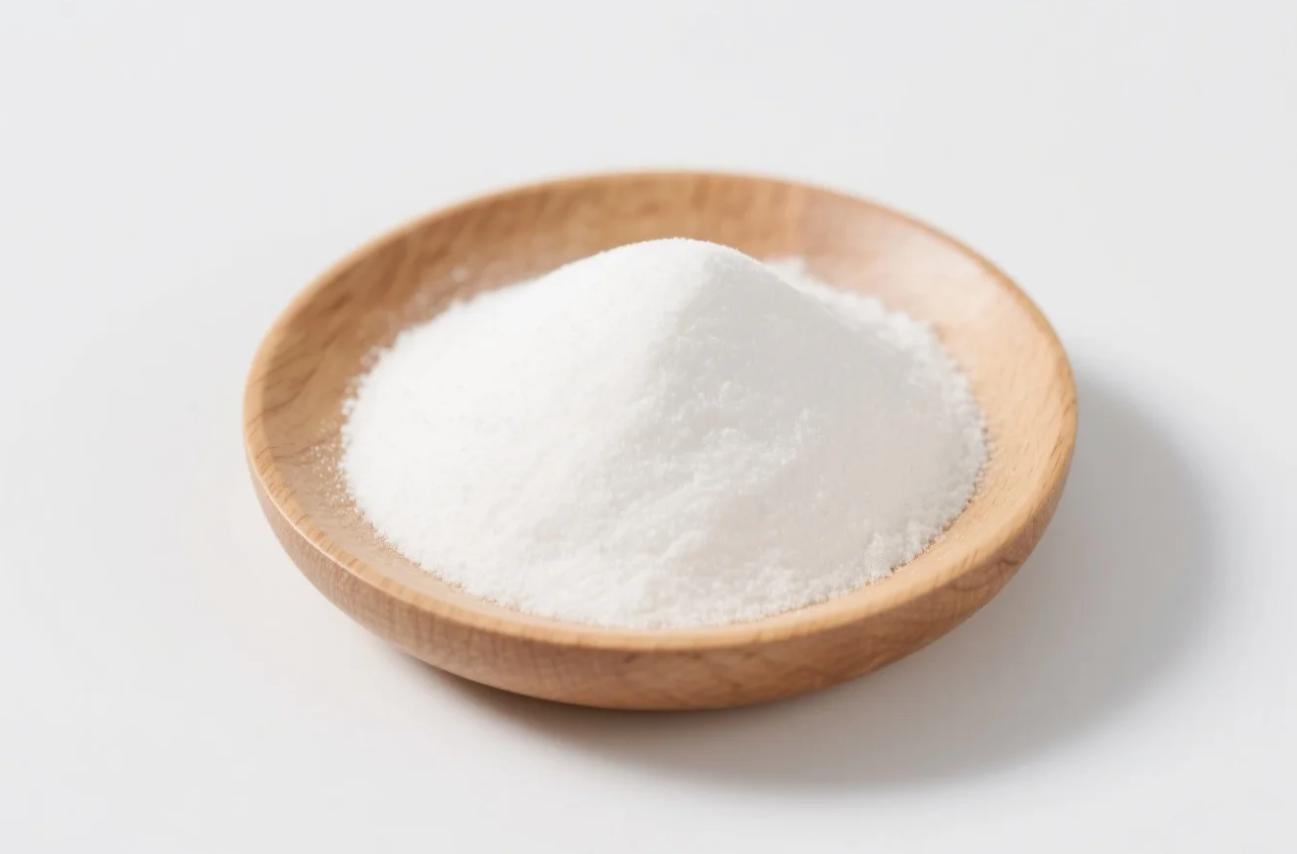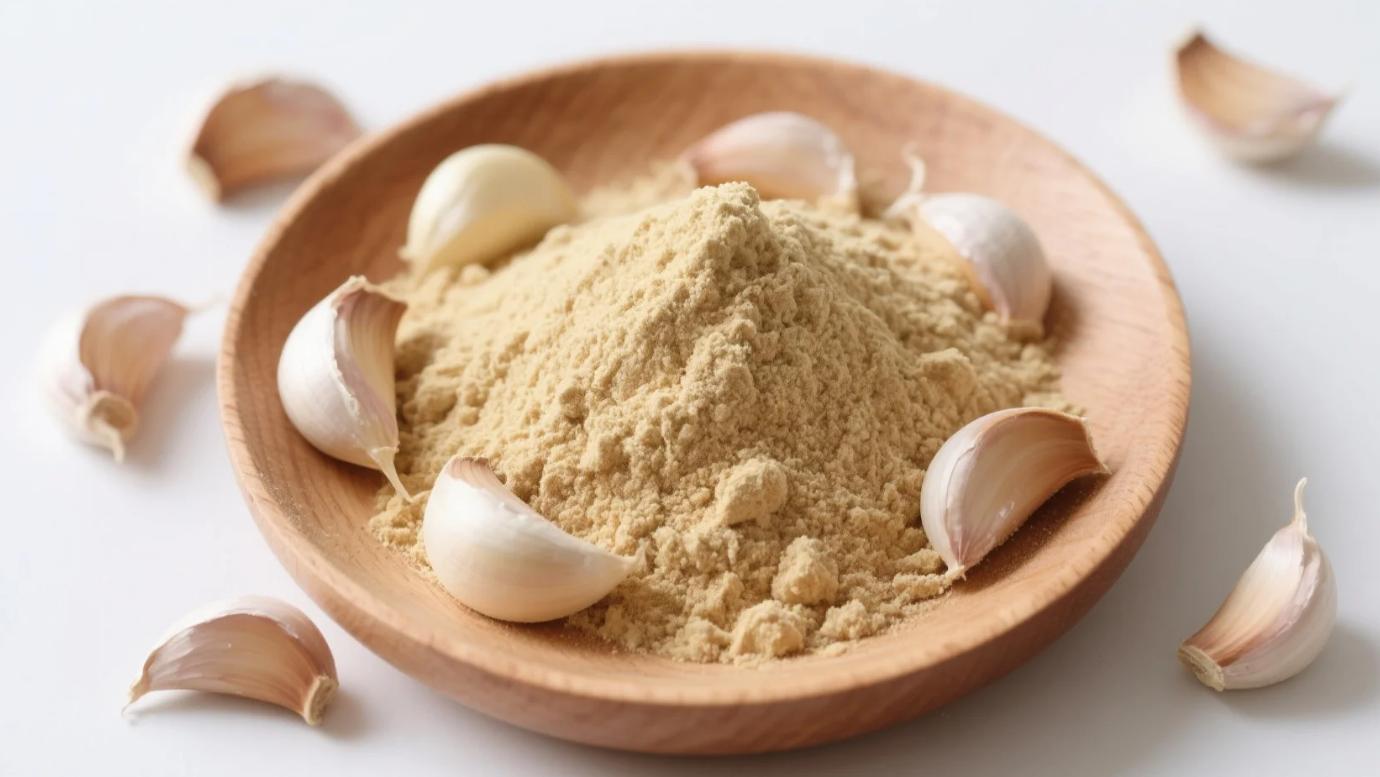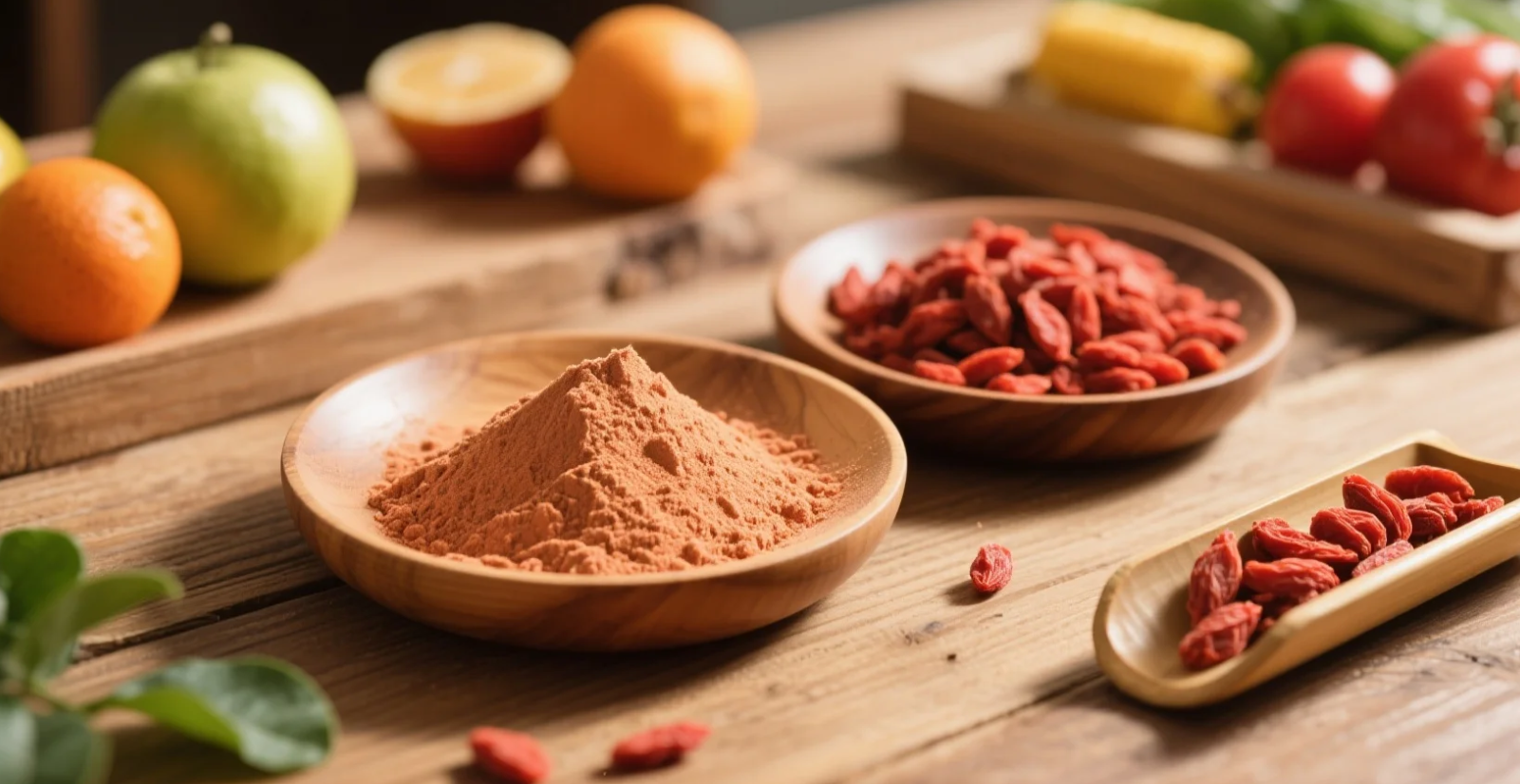Table of Contents
Onion powder is a kitchen staple, but as health-conscious consumers scrutinize labels, a critical question arises: Is that jar of onion powder truly pure—or hiding additives? Let’s peel back the layers of processing, certifications, and marketing claims to reveal what’s really inside organic onion powder and why “organic” matters for purity.
Is Onion Powder Just Onion?
Yes—if it’s organic.
- Conventional Onion Powder: Often contains anti-caking agents like silicon dioxide (labeled as “added to prevent clumping”) or preservatives.
- Organic Onion Powder: By USDA standards, certified organic onion powder must be 100% onion—no additives, fillers, or synthetic chemicals allowed.
How Organic Onion Powder Is Made
- Farm to Dehydrator: Organic onions are grown without synthetic pesticides, then washed and sliced.
- Low-Temp Drying: Gently dehydrated at ≤104°F (40°C) to preserve enzymes and nutrients.
- Stone-Ground: Pulverized into fine powder, no additives.
- Third-Party Tested: Verified for heavy metals, microbes, and pesticide residues.
Why “Organic” Guarantees Purity
| Factor | Conventional Onion Powder | Organic Onion Powder |
|---|---|---|
| Additives | Anti-caking agents, preservatives | 100% onion, no exceptions |
| Pesticides | Residues like chlorpropham common | Zero synthetic chemicals |
| Nutrition | Heat processing degrades allicin | Higher allicin (antimicrobial) |
| Transparency | Often vague “spices” labeling | Full ingredient disclosure |
5 Benefits of 100% Organic Onion Powder
- Immune Support: Allicin and quercetin fight infections and reduce inflammation.
- Gut Health: Prebiotic fibers feed probiotics, easing bloating and IBS.
- Convenience: 1 tsp = 1 medium onion—no tears, no chopping.
- Low FODMAP Option: Fructans (high-FODMAP carbs) are reduced during dehydration.
- Versatility: Adds umami to rubs, soups, and even smoothies (trust us!).
Who Should Choose Organic Onion Powder?
- Clean Label Advocates: Avoid hidden additives like maltodextrin.
- Allergy-Prone Individuals: No cross-contamination with gluten or soy.
- Preppers & Campers: Lightweight, shelf-stable flavor for long-term storage.
- Eco-Warriors: Organic farming reduces water pollution and soil erosion.
How to Use Organic Onion Powder
- Caramelized Flavor Hack: Sauté 1 tsp in oil before adding veggies for depth.
- Marinades: Mix with garlic powder, paprika, and olive oil for grilled meats.
- Dressings: Whisk into vegan mayo or yogurt dips.
- Baking Secret: Add to bread or cracker dough for savory twists.
FAQs: Debunking Myths
Q: Does dehydration destroy nutrients?
A: Minimal loss! Organic low-temp drying retains 90% of antioxidants vs. fresh.
Q: Can I make it at home?
A: Yes, but DIY dehydration risks mold or uneven texture without commercial-grade tools.
Q: Why does some powder taste bitter?
A: Non-organic onions may absorb soil toxins; organic ensures clean, sweet flavor.
Q: Shelf life?
A: 3–4 years in airtight glass jars (vs. 1–2 years for conventional).
The Verdict
True organic onion powder is 100% onion—nothing more, nothing less. It’s the purest way to add bold flavor and nutrients to dishes while dodging the additives lurking in conventional options.
Ready to Upgrade Your Pantry?
Ditch the mystery ingredients and embrace certified organic onion powder—where simplicity meets flavor, and every sprinkle honors nature’s integrity.
No additives, no compromises—just onion, amplified.
Related Products
Organic Maltodextrin Powder
Organic maltodextrin with DE 8–20 range, neutral taste, high solubility, and multiple functional uses.
Organic Garlic Powder
Fine off-white to pale yellow powder; moisture ≤8%; ash ≤3%; strong garlic flavor and aroma;…



